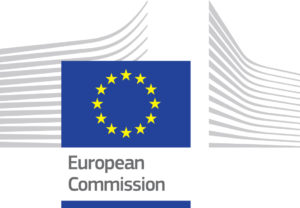Since 2003, high school education for artists has been abolished in Greece. In mid-December 2022, Presidential Decree 85 was announced, signed by Greek President Katerina Sakellaropoulou. It stipulates that all graduates of theater colleges, dance schools and film schools are considered employees who have completed secondary education only. Thus, theater artists in Greece do not have access to master’s degrees in their disciplines. Foreign master’s or doctoral degrees are no longer recognized. They only have access to the lowest level of unemployment benefits and salaries are no longer determined by collective agreements but by ministerial decisions.
For more than 40 days, the drama schools of the National Theater, the National Theater of Northern Greece and the Municipal Theater of Patras have been occupied by their students. Theaters in several major cities of the country meanwhile went on strike, thousands demonstrated in the streets of Athens under the slogan: “The attack on art is an attack on freedom”.
ITI Germany has signed a solidarity address to Greek theatre artists, initiated by the Berlin based GRIPS theatre: “We hereby support the demands of the actors, directors, teachers of performing arts in Greece who have been protesting for over 40 days against the Dec. 17, 22, Presidential Decree 85. Presidential Decree 85 in Greece and have occupied theaters and universities in Greece:
-The removal of the current classification of performing artists from Presidential Decree 85.
-The establishment of a public university for performing arts free of charge for all students
-A final solution to the problem of the status of the diplomas issued from 2003 to this establishment
-Tariff agreements for the private theater and audiovisual sectors, as well as for Greece’s regional municipal theaters
-A generous increase in public funding for the theater
For the human right to art and theater in Greece!”
Sources: The National Herald (February 2nd, 2023), News in France
